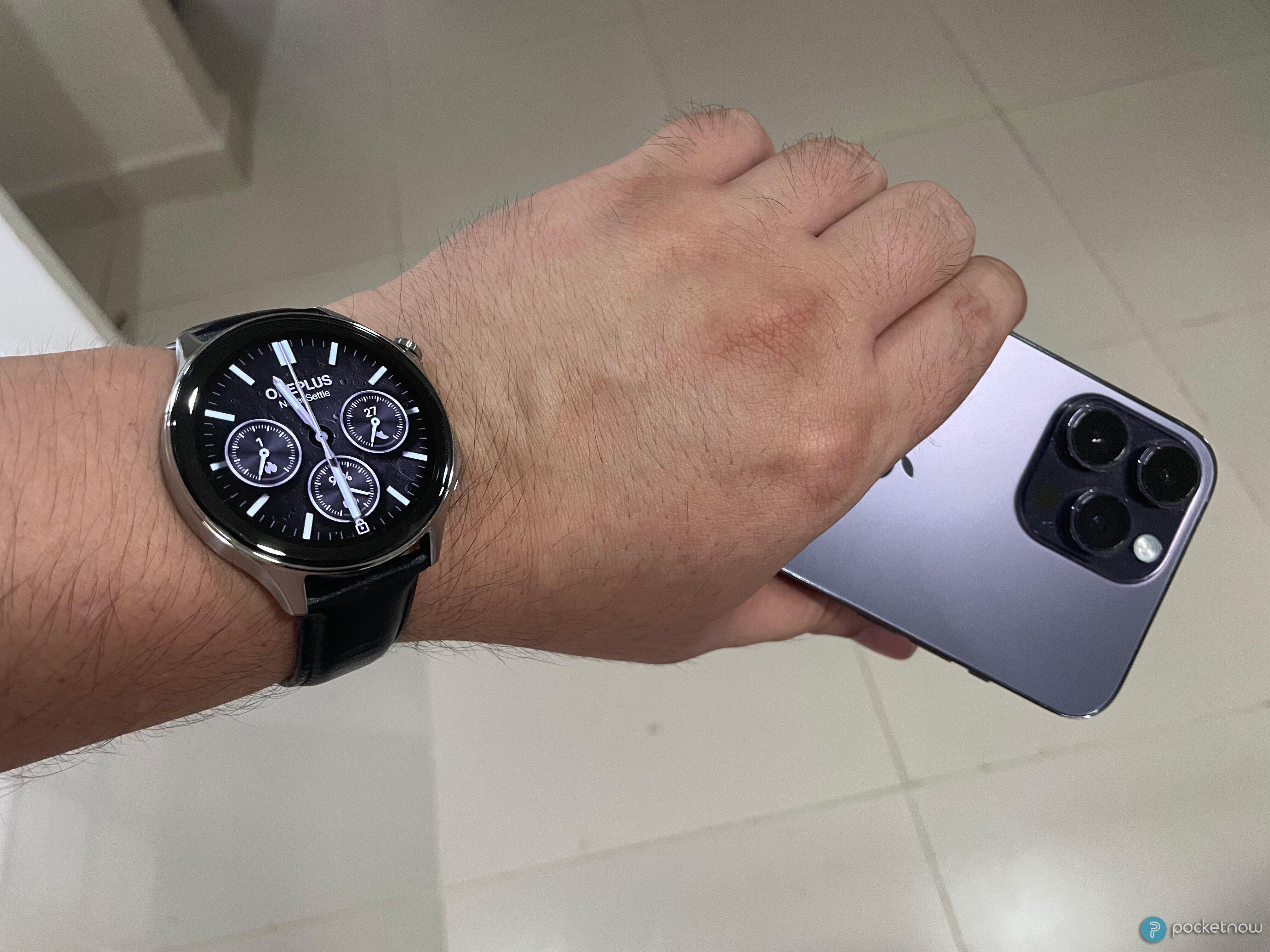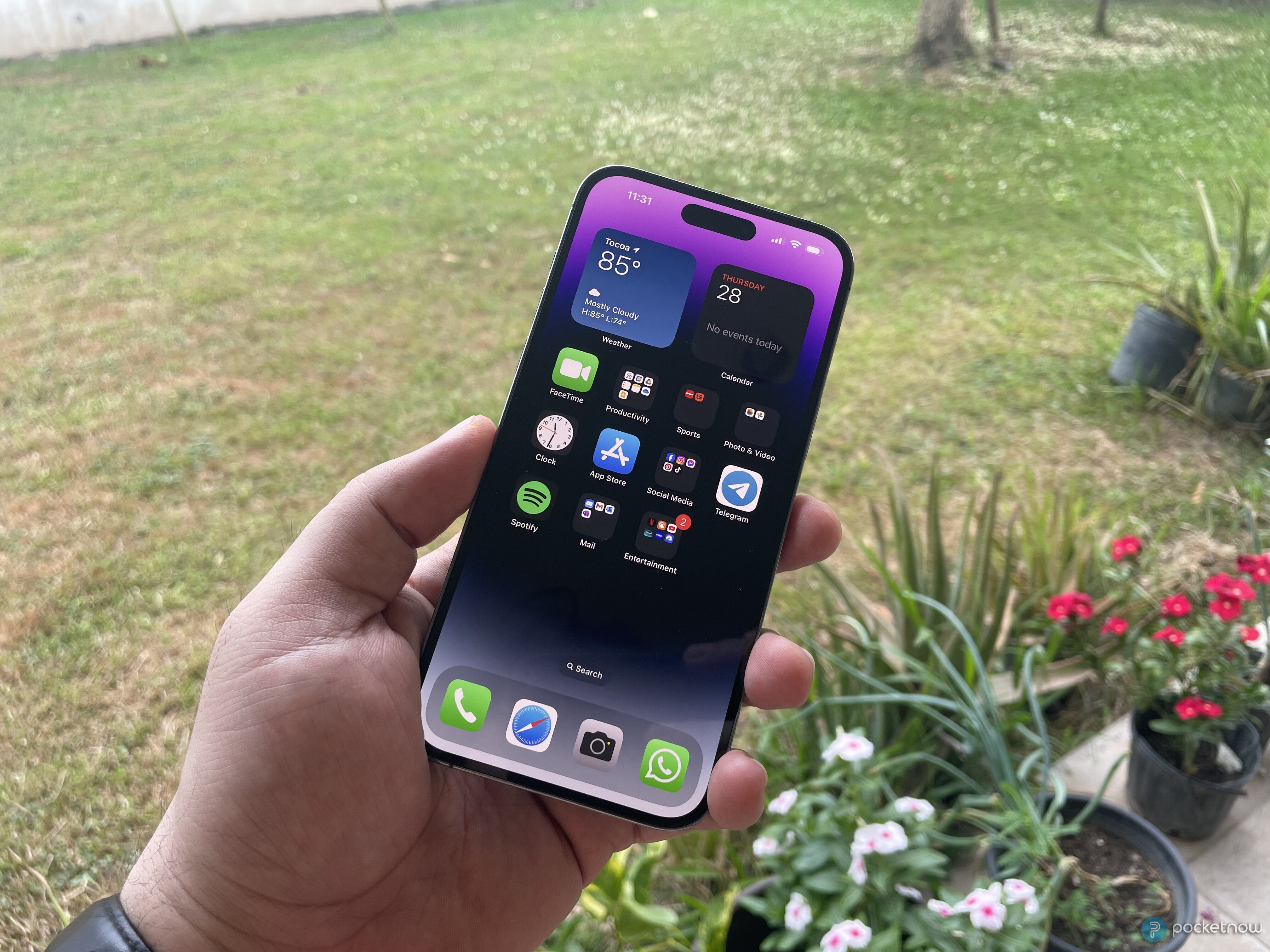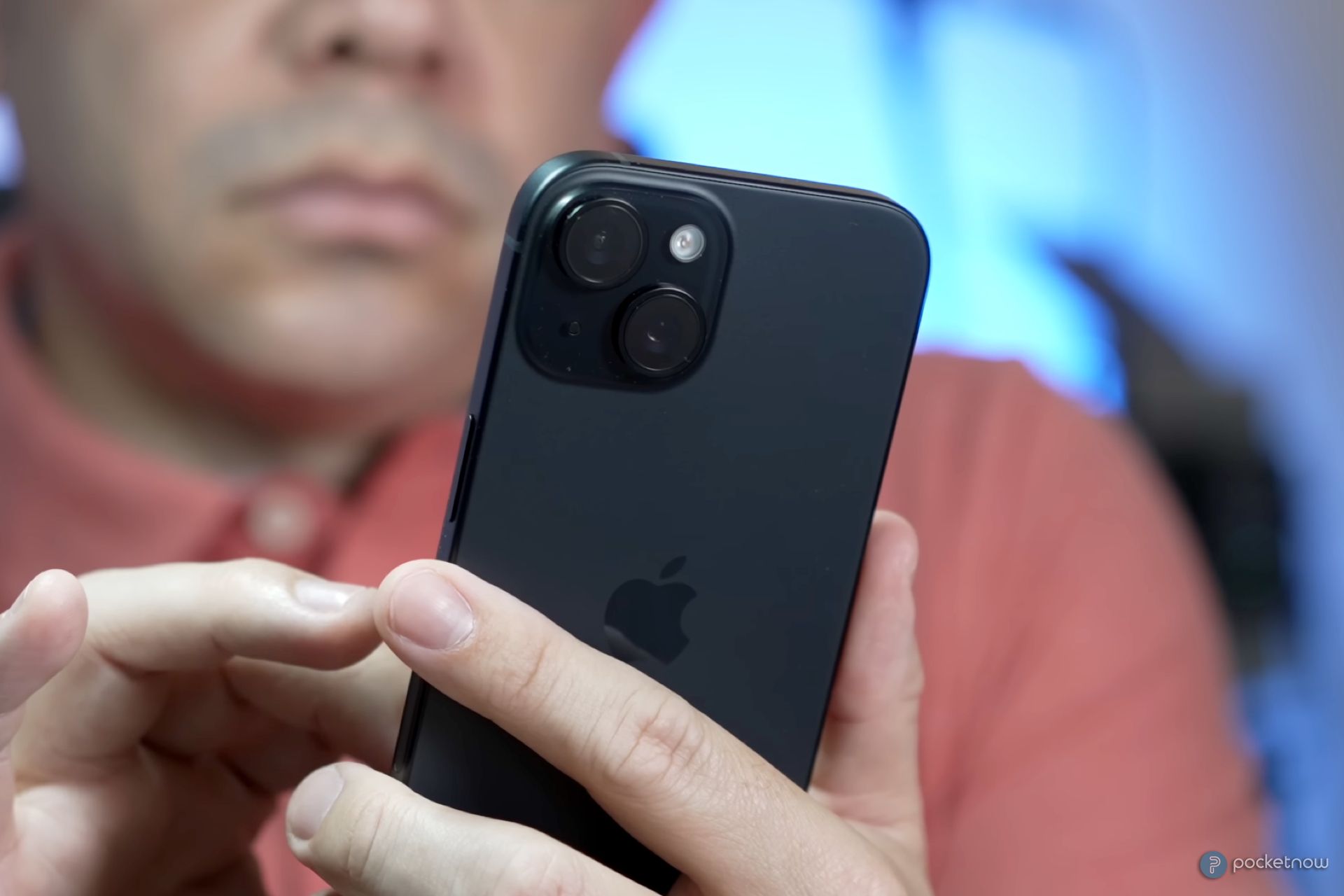from an Android user perspective
Key Takeaways
- Apple is embroiled in a new legal battle with the Department of Justice over alleged antitrust violations related to restricting access to iPhone software and hardware features.
- The lawsuit accuses Apple of hindering innovation by blocking certain apps and services that could make it easier for consumers to switch between smartphone platforms.
- While the issue is complex, Apple’s closed ecosystem has been praised for creating a seamless user experience, though critics argue it limits consumer choice and competition.
It isn’t uncommon to see Apple amid legal battles. I mean, I started writing about tech in 2017, when Apple had major issues with throttling iPhone performance as their batteries grew older, which some believed was a move that forced users to purchase new iPhone models. Apple tried to explain that this was a feature that would help older phones remain relevant for longer, limiting CPU performance to reduce battery load. In the end, Apple agreed to change the batteries of millions of older iPhone devices, which only affected sales of iPhone Xs and iPhone Xs Max.
However, Apple’s latest legal battle might not be as pretty or as easy to settle. It comes directly from the United States Department of Justice, claiming that the company broke antitrust laws by restricting access to iPhone software and hardware features. The 88-page lawsuit includes several reasons why Apple is breaking the law, some of which may seem surreal, but it is what it is, and now Cupertino faces a real danger of losing what has made it one of the best and most profitable companies in the world.
The issue
The US Department of Justice claims that Apple has achieved all its success by making its competitors worse, even though I don’t really get how that works, but to put things in context, the main points of the lawsuit focus on:
- Blocking Innovative Super Apps. Apple has disrupted the growth of apps with broad functionality that would make it easier for consumers to switch between competing smartphone platforms.
- Suppressing Mobile Cloud Streaming Services. Apple has blocked the development of cloud-streaming apps and services that would allow consumers to enjoy high-quality video games and other cloud-based applications without having to pay for expensive smartphone hardware.
- Excluding Cross-Platform Messaging Apps. Apple has made the quality of cross-platform messaging worse, less innovative, and less secure for users so that its customers have to keep buying iPhones.
- Diminishing the Functionality of Non-Apple Smartwatches. Apple has limited the functionality of third-party smartwatches so that users who purchase the Apple Watch face substantial out-of-pocket costs if they do not keep buying iPhones.
- Limiting Third Party Digital Wallets. Apple has prevented third-party apps from offering tap-to-pay functionality, inhibiting the creation of cross-platform third-party digital wallets.
Of course, there are other reasons why the DoJ believes that Apple is controlling the US smartphone business, but you can easily rule out a couple of things by using common sense. But then again, every time I read the news, I find out that common sense is becoming less and less common.
Android user to the core
Before we get to it, there are some things that I want to set straight. I’m not defending Apple, nor am I an Apple fan of any sort. I’ve been using Android devices since 2010 when I switched to the Sony Ericsson Xperia X10 after playing around with Blackberries for a while. I then made the switch to Samsung in 2013 with the Galaxy S4, and I have used several great Android devices over the last few years, including smartphones from Google, OnePlus, Honor, Huawei, LG, OPPO, and more. So yeah, I’ve basically been against Apple since day 1.
However, my job required me to pick up an iPhone back in February, and I can’t say that I hate the experience. Further, I don’t really get the whole point of this lawsuit, as there are several things that are extremely clear, such as how the DoJ is right and wrong at the same time. Yes, it’s true that Apple may have pushed its users towards using Apple Music instead of Spotify, but there’s a very easy way to explain that.
First, you must understand that Apple’s business orientation is focused on creating an ecosystem where every device works seamlessly with other Apple products, which is the same reason why I had to pick up an iPhone in the first place. My Windows laptop died, and I had to switch to a MacBook Air with an M2 chip. I must accept that there was a learning curve, and I didn’t necessarily love it at first. But things changed after a week when I saw everything I could do with the Mac and my new iPhone. I already had an iPad, and things worked even better, so my first thought was to get my hands on a new Apple Watch as soon as I had the cash.
Unfortunately, that’s where I found one of the few real issues with the Apple ecosystem. I recently got my hands on a brand-new OnePlus Watch 2 and couldn’t connect it to my iPhone. This issue seems to be nothing new, as several Wear OS devices won’t work with an iPhone. But then again, we’re talking about an ecosystem that’s meant to work with Apple devices, and Cupertino is very serious about keeping their users’ data private and secure.
“Consumers should not have to pay higher prices because companies violate the antitrust laws,” said Attorney General Merrick B. Garland. “We allege that Apple has maintained monopoly power in the smartphone market, not simply by staying ahead of the competition on the merits, but by violating federal antitrust law. If left unchallenged, Apple will only continue to strengthen its smartphone monopoly. The Justice Department will vigorously enforce antitrust laws that protect consumers from higher prices and fewer choices. That is the Justice Department’s legal obligation and what the American people expect and deserve.”
To put things in perspective, Google and Microsoft don’t care about ecosystems. These companies are more interested in having their software and services available in as many places as possible, as their earnings don’t focus on how many devices they sell; instead, they want to sell services. If you don’t believe me, just go back a few months and read about how Microsoft will release Xbox-exclusive games to the PS5 and Nintendo Switch. We’re all about competition and choices, as these options give consumers a chance to choose what they want, which is exactly what made Apple grow so much, thanks to its tailored experience in contrast to a more open experience provided by Android.
Apple’s official statement on the situation
At Apple, we innovate every day to make technology people love–designing products that work seamlessly together, protect people’s privacy and security, and create a magical experience for our users. This lawsuit threatens who we are and the principles that set Apple products apart in fiercely competitive markets. If successful, it would hinder our ability to create the kind of technology people expect from Apple–where hardware, software, and services intersect. It would also set a dangerous precedent, empowering government to take a heavy hand in designing people’s technology. We believe this lawsuit is wrong on the facts and the law, and we will vigorously defend against it.
Apple’s tailored and closed ecosystem experience allows it to hold 60 percent of the US market share and 88 percent among teens. Unfortunately, the DoJ believes that Apple has been breaking antitrust laws to get where it is, which is kinda crazy considering that in the end, it’s not about the design of your smartphone, whether or not your device folds, or if you have massive sensors in your camera. Users seem to be considering other things when choosing what phone to get, and more people are choosing iOS and its features over anything Android has to offer.
You can easily say that Android devices are better in many ways than most iPhone models on the market, as they arrive with more RAM, storage space, the latest processors, and other nice features that try to make them more compelling. On the other hand, we have Apple’s smartphones, running on dated chipsets with just 4GB RAM and considerably small batteries when compared to the latest Android devices. I say this based on data claiming that the iPhone 11 is the most popular iPhone model and the most used worldwide. This device was released in September 2019, and it is still capable of running the latest version of iOS, meaning that software is one of the main reasons Americans choose Apple.
You’re not forced to buy an Apple Watch; you can easily get excellent smartwatches from Garmin, Google, Samsung, and more, which support alternatives to Apple Pay, in case you want to have all your cards in one place.
I honestly don’t believe that Apple can be sued over trying to monopolize the market, as there are tons of excellent options for those looking to get their hands on a new smartphone. Apple isn’t forcing anyone to buy its products, as there is always a choice, many choices, for that matter. You can perfectly get your hands on an Android device and sideload anything you want, even if that poses a security risk to your information, but it’s something that Apple just won’t allow. You’re not forced to buy an Apple Watch; you can easily get excellent smartwatches from Garmin, Google, Samsung, and more, which support alternatives to Apple Pay, in case you want to have all your cards in one place.
The whole iMessage deal is absurd, as everybody knows and uses other messaging apps, including Telegram and WhatsApp. I mean, I’ve had my iPhone for over a month, and I have never used iMessage. Even if it was a problem, Apple announced it would support RCS later this year. Another point that could’ve gone against Apple is the inability to launch cloud streaming games, but then again, Apple already allows apps like Xbox Cloud Gaming on the App Store.
Another thing that I have to say in favor of Apple is that you can install anything you want on your device, and you won’t get any kind of message telling you to try Apple’s alternative first. For instance, I love using Firefox and Chrome browsers, and I got them on my iPhone without iOS telling me to try using Safari first. Now, try doing that on a Windows laptop, and you will get several messages telling you to try Microsoft Edge instead. The same thing happens on the Mac or the iPad, where you will always be able to install anything you want as long as it has passed Apple’s security standards.
To conclude
This is the third time the Department of Justice of the United States has set its sights on Apple, suing the company for antitrust violations in the last 14 years, but this time, I believe that things might get messy. You could say that this time, Apple has a small weakness, as the company already knows what it is to give in to external pressure after agreeing to include USB-C ports in their devices to comply with European Union rules. Either way, there might still be a way out of this issue, as Apple could easily create apps to allow Android users to experience some of its most popular apps. We already have the chance to use Apple Music on Android devices, so Cupertino could also come up with creative ways to give Android users more options to try out its features. That way, Apple wouldn’t have to open its ecosystem to allow apps and changes from other companies; instead, it would have to open its services to more users, which might be the smartest way to solve this problem.
As a new Apple user, I wish that the company manages to fend off this attack, so it can continue to provide safe services and a tight ecosystem that gets better the more I use it. Cause it would suck to see Apple lose what has made it so popular in favor of becoming more like Android. Ultimately, it all comes down to software and features and the ability to choose between Apple’s ecosystem or Android’s vast catalog of options that don’t necessarily work great between brands. And I believe that if Android OEMs decided to work together to develop better features that work across all devices, we wouldn’t have to be talking about Apple’s alleged anticompetitive practices.
Source link



